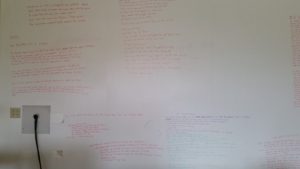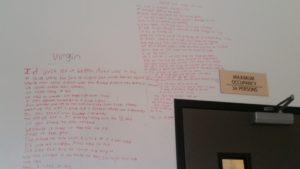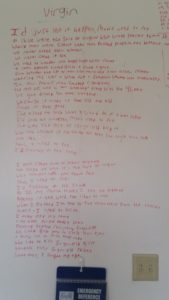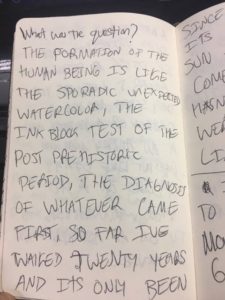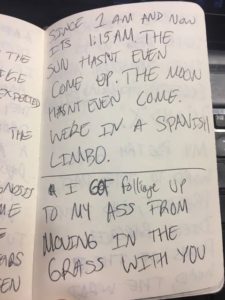Before I learned that I could write stories, there was a certain type of genre, if that’s what you would call it, that I was drawn to: Mythology. I was always encapsulated by the idea of gods, monsters, and heroes. The stories woven through mythology were always intricate and fascinating, as an ancient culture wove their own origin stories as to why the world was the way it was. The gods weren’t flawless; many of them had many flaws that led to mistakes and deaths. Heroes faced daunting challenges and didn’t always escape unscathed. Although women were looked down upon in most ancient societies, goddesses were often warriors and figureheads. Even average citizens made mistakes and some were granted blessings for their actions.
Many of the figures of mythology provide interesting perspectives. For example, there is the story of Icarus, whose pride led to his downfall. However, with every story, there could be another way of looking at what happened. Medusa, the snake-haired gorgon from Greek Mythology, has a story of how she became a monstrosity. Because she had an affair with Poseidon in Athena’s temple, Athena cursed her to turn away all men with her stony gaze. However, some people read the story in a different manner. Some people read the tale as Athena blessing Medusa after she was raped by Poseidon in her temple. There is an article written discussing this idea, and I’ll put the link at the end of the post. The story of Medusa changes completely when different perspectives are taken in.
Another popular figure of Greek mythology is the tale of Persephone. This story has become the plot for many young adult novels, and while interesting, there are different interpretations. Some people write that Persephone chose to leave with Hades, others that she was abducted, and more recent works place emphasis on Persephone’s own power. One poem that wrote Persephone with emphasis on her power was Daniella Michellani’s “Persephone Speaks” as found on her Tumblr account daniellamichellani:
“I asked him for it.
For the blood, for the rust,
for the sin.
I didn’t want the pearls other girls talked about,
or the fine marble of palaces,
or even the roses in the mouth of servants.
I wanted pomegranates—
I wanted darkness,
I wanted him.
So I grabbed my king and ran away
to a land of death,
where I reigned and people whispered
that I’d been dragged.
I’ll tell you I’ve changed. I’ll tell you,
the red on my lips isn’t wine.
I hope you’ve heard of horns,
but that isn’t half of it. Out of an entire kingdom
he kneels only to me,
calls me Queen, calls me Mercy.
Mama, Mama, I hope you get this.
Know the bed is warm and our hearts are cold,
know never have I been better
than when I am here.
Do not send flowers,
we’ll throw them in the river.
‘Flowers are for the dead’, ‘least that’s what
the mortals say.
I’ll come back when he bores me,
but Mama,
not today.
— Daniella Michalleni, “Persephone Speaks”
In the end, Persephone was made out to be a dark queen which I thought was a really cool interpretation of the poem, and seeing as there are many perspectives myths can be seen from, they provide really cool sources for writing.
Here’s the link for the Medusa alternative analysis website:
https://aryayogi.wordpress.com/2013/07/31/a-yogic-perspective-to-the-medusa-myth/

